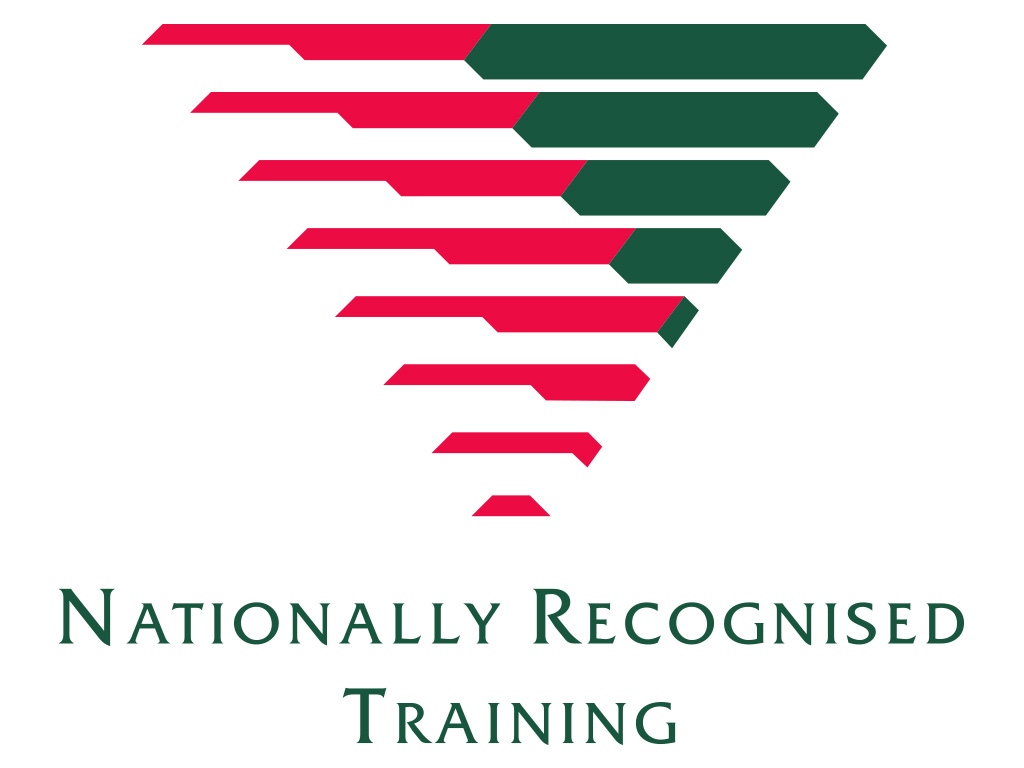Automatic language translation
Our website uses an automatic service to translate our content into different languages. These translations should be used as a guide only. See our Accessibility page for further information.

CSC30122 Certificate III in Correctional Practice (Adult Custodial)
This entry level course is the first step for all Custodial staff taking up employment as Correctional Officers, Overseers and Casual Correctional Officers, within Corrective Services NSW.
Sessions include the key result areas of Organisational Administration and Management, Safety and Security, Offender Management, Weapons and Officer Survival, Report Writing and Escorting of Offenders.
Completion of this primary training component demonstrates your capacity to take up custodial duties in a correctional environment.
Successful recruitment to role. View further information on applying.
Blended – Face to Face, in class assessments and online learning.
This training will require completion of the following;
Learners are required to complete 9 months on the job training and complete workplace Assessments prior to obtaining the Certificate III in Correctional Practice (Adult Custodial).
During the 12 week Face to Face training learners will complete a number of in class assessments followed by workplace assessments.
On successful completion of all training and assessment learners will be issued with CSC30122 Certificate III in Correctional Practice (Adult Custodial).
Custodial Training Unit
Email: ctu@dcj.nsw.gov.au
05 Nov 2024
We acknowledge Aboriginal people as the First Nations Peoples of NSW and pay our respects to Elders past, present, and future.
Informed by lessons of the past, Department of Communities and Justice is improving how we work with Aboriginal people and communities. We listen and learn from the knowledge, strength and resilience of Stolen Generations Survivors, Aboriginal Elders and Aboriginal communities.
You can access our apology to the Stolen Generations.